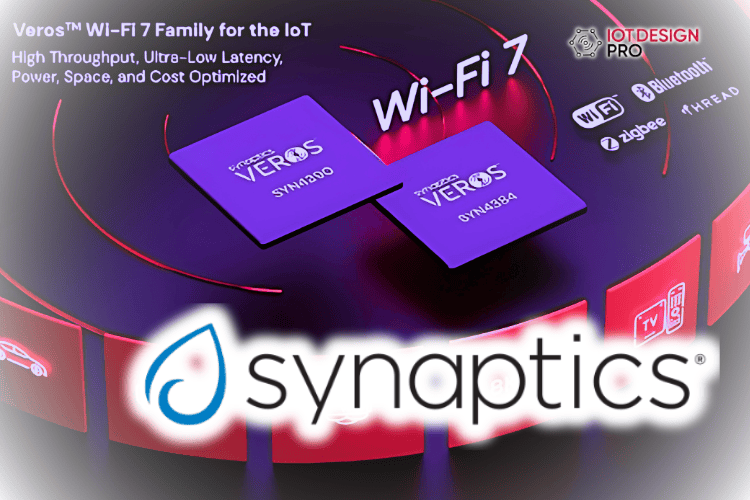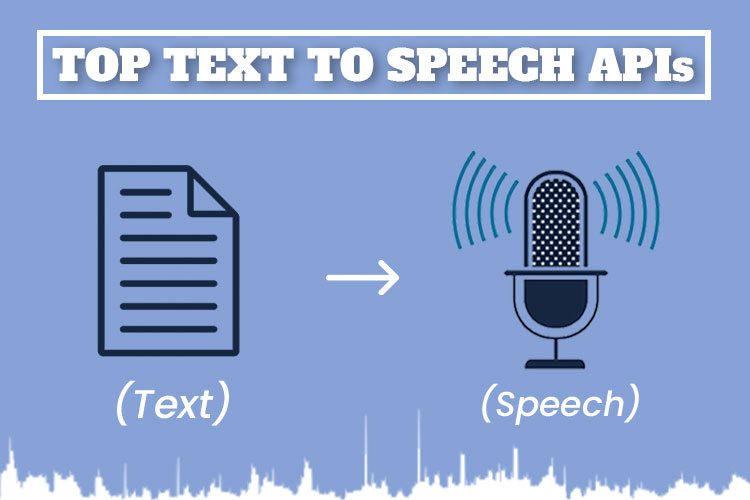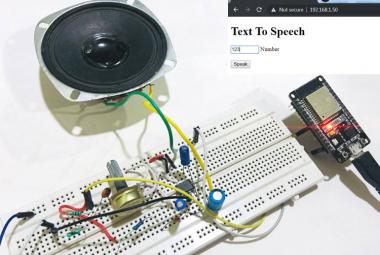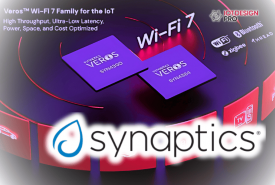Speech-to-text technology, also known as automatic speech recognition (ASR), is a technology that converts spoken language into written text. This technology has many applications, including voice-controlled devices, transcription services, and accessibility for people with speech impairments. And it can also be used in IoT, by adding voice-controlled capabilities to your IoT devices, such as smart home automation, voice-controlled robots, smart speakers and many other applications.
Some of the most popular free speech-to-text APIs include Google Cloud Speech-to-Text API, Microsoft Azure Speech Services, IBM Watson Speech to Text, Sphinx, Amazon Transcribe, Houndify, Speechmatics, Deep Speech and OpenVINO. These APIs can help you to build more intelligent and user-friendly devices, by providing you with the ability to understand natural language commands, transcribe speech to text, and convert text to speech, which can help to make your IoT devices more accessible and easy to use. For example, you can use speech-to-text technology to create a voice-controlled smart thermostat that can adjust the temperature of your home based on your spoken commands, or you can use it to build a voice-controlled robot that can navigate and perform tasks in your home or office.
Google Cloud Speech-to-Text API is provided by Google Cloud and uses deep learning models to recognize speech. It supports a wide range of languages and has a free tier that allows for 60 minutes of usage per month. Google Cloud's clients include Spotify, Snapchat, and HSBC.
Microsoft Azure Speech Services is provided by Microsoft and uses deep learning models to recognize speech. It supports a wide range of languages and has a free tier that allows for 5 hours of usage per month. Microsoft's clients include LG, KPMG, and General Electric.
IBM Watson Speech to Text is provided by IBM and uses deep learning models to recognize speech. It supports a wide range of languages and has a free tier that allows for 1 hour of usage per month. IBM's clients include Samsung, Procter & Gamble, and The Weather Channel.
Sphinx is an open-source, offline speech recognition toolkit that can be used to convert speech to text. It was launched in 1999 by Carnegie Mellon University. It supports multiple languages and is widely used in the research community.
Amazon Transcribe is provided by Amazon, it uses deep learning models to recognize speech and support multiple languages. It has a free tier with 12 hours of transcribing time per month. Amazon's clients include Netflix, Airbnb, and Dow Jones.
Houndify is provided by SoundHound Inc, it uses deep learning models to recognize speech and support multiple languages. It has a free tier with 100 requests per month. Houndify's clients include LG, Samsung, and Toyota.
Speechmatics is provided by Speechmatics, it uses deep learning models to recognize speech and support multiple languages. It has a free tier with 15 minutes of transcribing time per month. Speechmatics' clients include BBC, IBM, and HSBC.
Deep Speech is provided by Mozilla, it is an open-source, offline speech recognition toolkit that can be used to convert speech to text. It is not a web-based API but it can be integrated with any application. It is widely used in the research community and in the development of open-source projects.
OpenVINO is provided by Intel, it is an open-source, offline speech recognition toolkit that can be used to convert speech to text. It is not a web-based API but it can be integrated with any application. It supports multiple languages and is widely used in the research community and in the development of open-source projects.
It's important to note that while these APIs are free to use, they may have certain limitations or usage restrictions. Additionally, the accuracy of the speech-to-text conversion may vary depending on the specific API and the quality of the audio input. It's always recommended to test the APIs and evaluate their performance before using them in a production environment.












